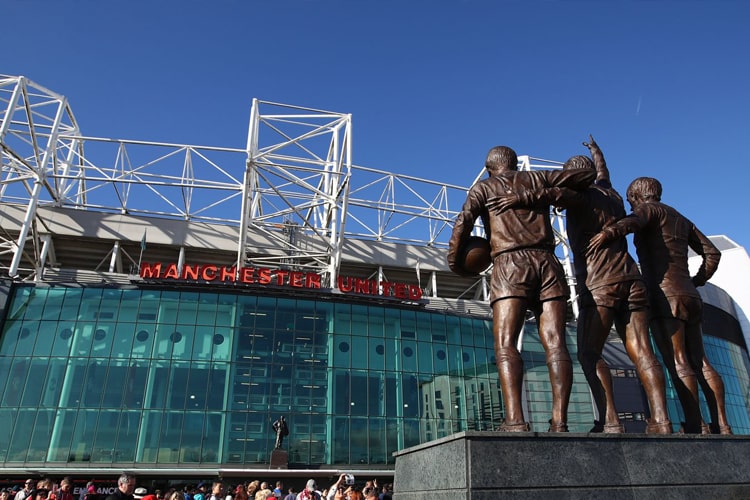Manchester United report revenues of 768 million euros in one of their worst seasons ever

Manchester United recorded revenues of £666.5m despite finishing 15th in the Premier League in 2024/25. A huge Snapdragon deal, strong matchday income and staff cuts boosted finances, but debt remains high at £471.9m as pressure grows to turn money into success on the pitch.
Manchester United’s 2024/25 campaign will be remembered as one of the darkest in the club’s illustrious history, with the Red Devils finishing 15th in the Premier League their lowest league position since the relegation season of 1973/74.
Yet, despite this dismal on-pitch performance, United announced record revenues of £666.5 million (approximately €768 million), underlining the club’s continued financial power even in the face of sporting decline.
The financial report, released on Wednesday, highlighted the extraordinary resilience of United’s global brand. At the heart of the revenue surge was the landmark five-year sponsorship agreement with Snapdragon, valued at £333.3 million (€384.1 million). This deal, hailed as one of the most lucrative in football history, provided the club with significant commercial stability during a period when fans were left reeling from repeated poor results on the pitch.
Matchday income also played a crucial role, generating around £160 million (€184.7 million). Even in a season where supporters witnessed frustration after frustration, Old Trafford continued to sell out, a testament to the unwavering loyalty of the fan base. However, some of the financial uplift came from more controversial measures, including the dismissal of 300 employees, a move that sparked criticism from sections of supporters and workers’ unions alike, who argued that the club’s hierarchy prioritised profit margins over people.
The report covered the financial year up to June 30, 2025, and therefore did not take into account the £200 million spent on player acquisitions in the summer transfer window. Those investments, aimed at revitalising both the men’s and women’s squads, reflect a longer-term strategy under new chief executive Omar Berrada, who was appointed earlier in the year after leaving Manchester City.
Berrada attempted to strike a tone of reassurance in his comments accompanying the results. “We are working to improve the club in all areas. On the pitch, we are pleased with the signings we made for our men’s and women’s teams this summer, with long-term planning in mind. We are also investing in improving infrastructure, including our training centre in Carrington, to provide world-class facilities for our players and staff,” he explained. Beyond the immediate sporting project, Berrada also confirmed that the club remains committed to its ambition of building a new stadium, a move that could transform United’s matchday revenues and modernise facilities for decades to come.
Still, the debt burden remains a significant concern. United’s net debt stands at £471.9 million (€543 million), a figure that continues to raise questions about the Glazer family’s ownership model and its long-term sustainability. Supporter groups have repeatedly voiced frustration that, despite commercial growth, much of the income has gone toward servicing debts rather than reinvestment into the squad or Old Trafford itself, which many consider to be in need of urgent refurbishment.
The paradox of Manchester United poor on the pitch but rich off it is not new, but the 2024/25 season highlighted the disconnect more starkly than ever. While rivals such as Manchester City, Arsenal and Liverpool competed at the top end of the table and advanced deep into European competitions, United were left battling relegation fears until late in the campaign. For many fans, record revenues provide little comfort when the club they love is struggling to compete for major honours.
Looking forward, the next 12 months will be critical. The club’s summer transfer spending has raised expectations, but patience will be required for new signings to settle and for a coherent tactical identity to emerge under the coaching staff. Off the pitch, progress on the new stadium project will be closely watched, as will Berrada’s ability to balance financial growth with sporting success.
What is clear, however, is that Manchester United remain a commercial juggernaut. The sheer scale of the Snapdragon deal, combined with global merchandise sales and broadcasting income, ensures that the club continues to stand as one of the wealthiest in the world. But as history has shown, financial reports mean little to supporters compared to the glory of lifting trophies. After the humiliation of a 15th-place finish, the pressure is now higher than ever to translate financial strength into sporting revival.